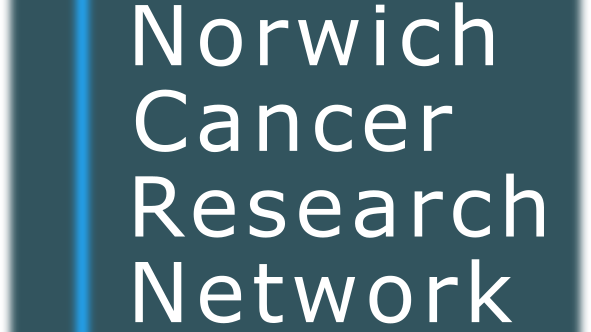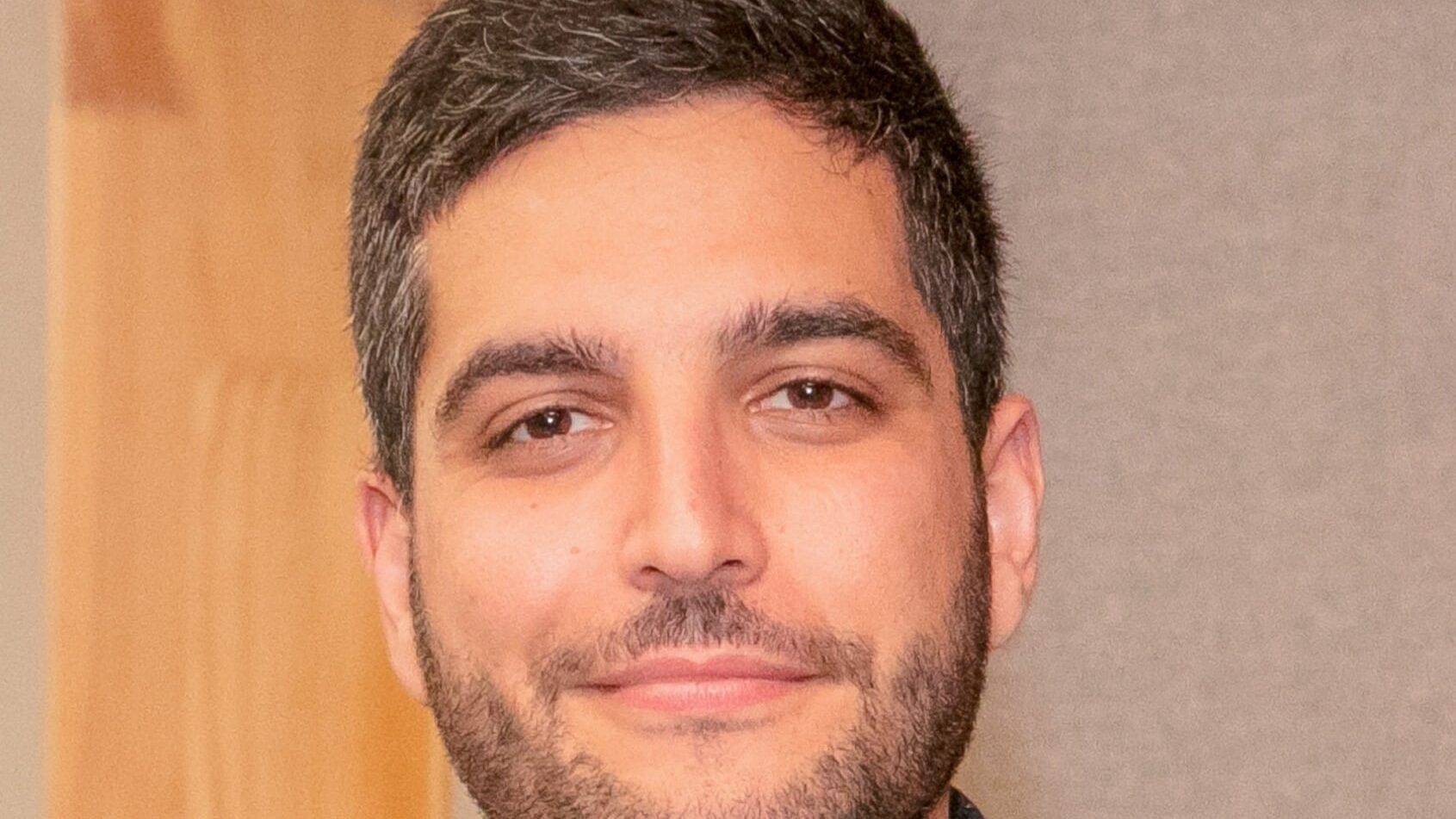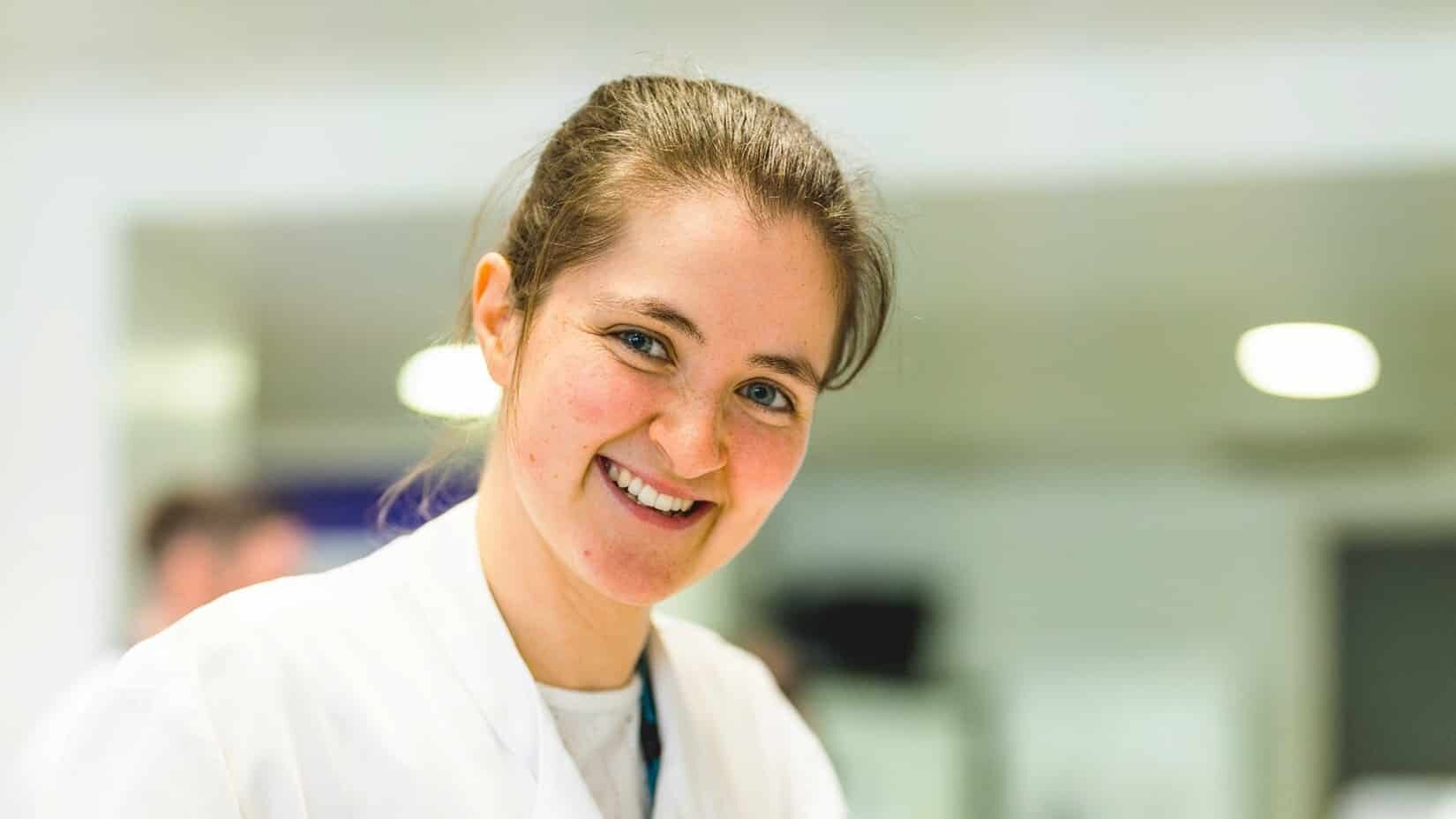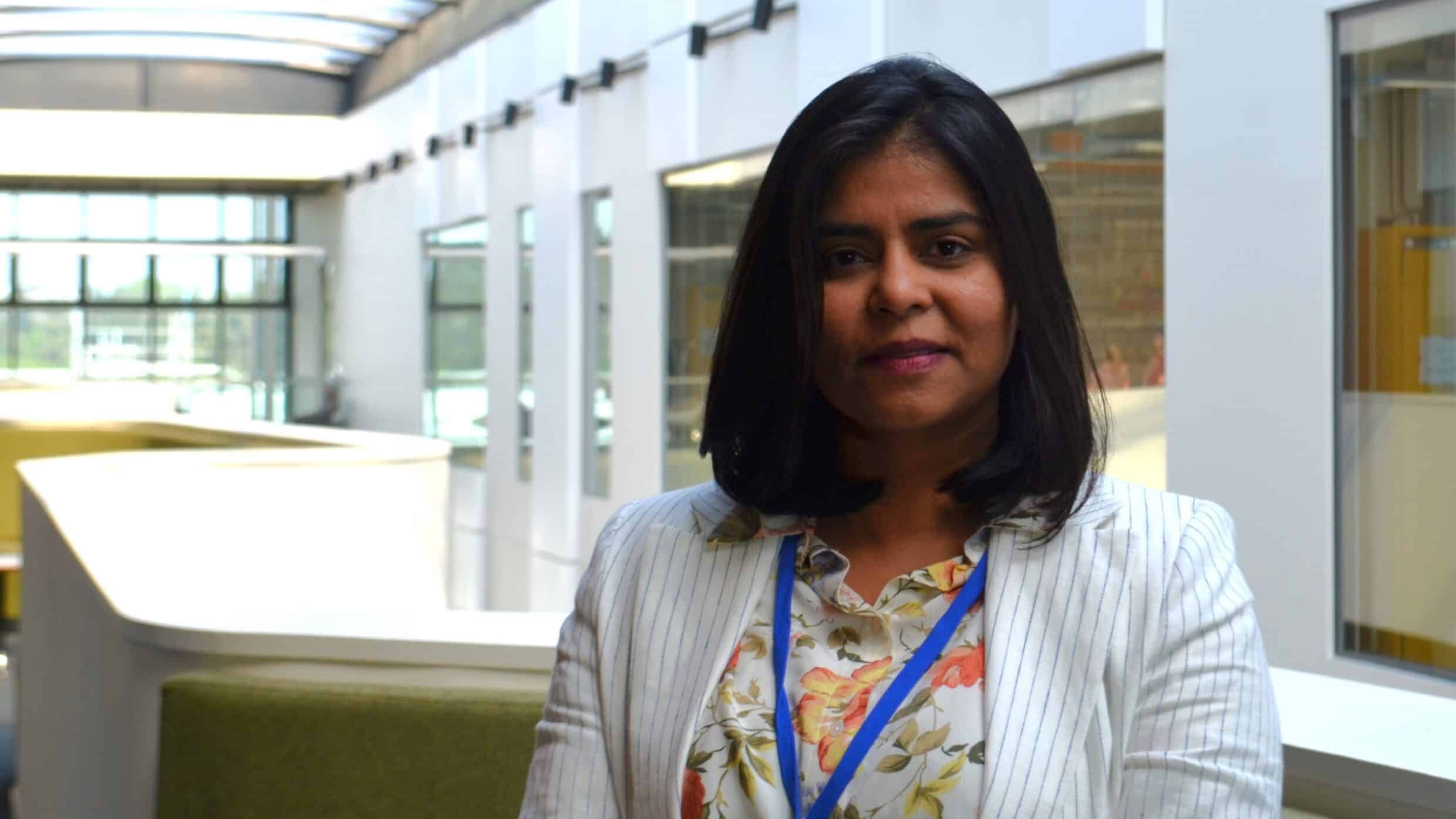< News
Norwich Cancer Research Network response to the UK Goverment’s “Shaping the National Cancer Plan” Consultation
29/04/25
The Norwich Cancer Research Network (http://18.130.163.231/), is an inclusive community of over 140 cancer scientists, clinicians and public health researchers located across the University of East Anglia, Norfolk and Norwich University Hospitals NHS Foundation Trust and Norwich Bioscience Institutes (Earlham Institute, John Innes Centre, Sainsbury Laboratory & Quadram Institute Bioscience) on the Norwich Research Park. The Network helps members to develop multidisciplinary collaborations and share state-of-the-art resources and facilities. It encompasses bench to bedside research and beyond, from basic chemical and biological research to identify novel therapeutic targets and molecules through to clinical trials and on to public health policy for the prevention and treatment of various cancers. The Network holds an annual symposium to disseminate the latest results and a seminar series to network with other academic and industry cancer researchers from across the UK. It regularly engages with public events such as the Norwich Science Festival to disseminate findings to the wider public and encourage the next generation of cancer researchers.
All answers are consensus statements based on a survey within the NCRN and internal discussions.
Which cancer risk factors should the government and the NHS focus on to improve prevention?
The Norwich Cancer Research Network (http://18.130.163.231/), is an inclusive community of over 140 cancer scientists, clinicians and public health researchers located across the University of East Anglia, Norfolk and Norwich University Hospitals NHS Foundation Trust and Norwich Bioscience Institutes on the Norwich Research Park.
While there’s a consensus across the NCRN on the importance of addressing lifestyle factors, there are differing views on which specific areas warrant the most focus.
Obesity and physical inactivity consistently emerge as major areas of concern. Increasing rates of obesity are a ‘pandemic’ and a major risk factor not only for cancer but also for many other diseases that reduce quality of life and place a significant burden on the NHS. Compared with other lifestyle changes such as smoking and alcohol consumption, obesity rates are increasing year on year, which may reflect the potential challenges in implementing effective healthcare-led interventions compared with other modifiable risk factors such as smoking cessation. The lack of public awareness of obesity as a significant cancer risk was noted.
Obesity and physical inactivity should not be considered in isolation but in combination along with diet. The link between diet, weight and physical activity is of particular concern given the worrying increase in colorectal cancer, especially in young adults. The increasing consumption of ultra-processed foods and the rise in inflammatory bowel disease are also highlighted as potential contributors to bowel cancer risk.
Alcohol remains a major concern for members. Despite potential future declines in younger generations, its well-established role in cancer initiation positions it as a critical target for prevention efforts. The co-occurrence of alcohol and obesity as significant risk factors for cancer in the local context is highlighted.
There is less consensus about the benefits of targeting tobacco use. In the UK, interventions targeting tobacco use have been successful and prevalence is falling. This leads one group to suggest that it may not need to be the primary focus in the future. Others felt that there was still much to be gained, particularly in disadvantaged socio-demographic groups and during pregnancy. When compared to obesity, individuals have more control over alcohol and tobacco use and may therefore achieve better outcomes.
Interestingly, several members emphasised the need for a broader perspective than the commonly cited risk factors and suggested funding research and development to identify other modifiable risk factors that may have a greater impact. Another stressed the importance of considering genetics and taking a holistic approach to patient care, rather than focusing solely on the highlighted risk factors.
In Norwich, we have a wealth of research into cancer prevention. This ranges from the Addiction Research Group, which is investigating interventions to encourage smoking cessation and reduce alcohol dependence, to the potential of dietary compounds, such as glucosinolates found in broccoli, to slow or prevent the development of cancer.
Ultimately, the consensus is for a multi-pronged strategy focusing on modifiable lifestyle factors, with a strong public health message, and considering both individual and population interventions.
What actions should the government and the NHS take to help diagnose cancer at an earlier stage?
Responses to this question converged around several key themes, highlighting the need for increased public awareness, improved access to diagnostic tools, streamlined referral pathways and a greater focus on research. The three most important actions to improve early diagnosis were ‘increase access to and capacity for diagnostic testing’, ‘improve awareness of symptoms, remove barriers to seeking help and encourage timely response to symptoms’ and ‘increase support for research and innovation’. The latter was the most popular choice.
One prominent suggestion is the implementation of a national, sustained public awareness campaign using television, multimedia relevant to age groups, and other advertising, to highlight key symptoms of both common and rarer cancers. The aim is to empower the public to recognise potential warning signs and seek prompt medical attention.
Several NCRN members advocate for increased investment in diagnostic infrastructure and accessibility. This includes the specific proposal for a national screening centre for hepatocellular carcinoma with standardised radiological accreditation. There is also a strong call for primary care GPs to be empowered to directly book basic CT and MRI scans relevant to a patient’s presenting symptoms across the UK. This would bypass potential delays in specialist referral for initial imaging.
Streamlining referral pathways and ensuring timely access to specialists is another key recommendation. A specific target is proposed: a commitment for patients with ‘red flag’ symptoms to be seen by a GP within a week, followed by immediate scan bookings. This aims to reduce the often long diagnostic intervals, which is particularly highlighted in the context of rare and less common cancers such as bone sarcoma, where delayed diagnosis can have a significant impact on outcomes.
The importance of biomarkers and genomic testing is also highlighted. As promising biomarkers for cancer screening are validated, their rapid national implementation is urged. In addition, the establishment of a national family screening programme to identify individuals with high-risk genetic predispositions for targeted surveillance and screening is proposed as a proactive measure. In Norwich, we are at the forefront of discovering new biomarkers for the early detection of cancer. This is exemplified by the research of the cancer genetics team led by Prof Cooper and Prof Brewer at Norwich Medical School. Their research has led to the development of a simple home urine collection kit to detect aggressive prostate cancer.
Several respondents highlight the importance of addressing inequalities in cancer diagnosis. The proposed actions, such as improved access to diagnostics and public awareness campaigns in targeted populations, are seen as crucial steps to ensure equitable access to screening services.
The critical role of funding for research and innovation in developing new diagnostic tools and reducing diagnosis times is also highlighted. Concerns are expressed that reduced support for research will inevitably lead to stagnation in improvements in cancer screening. Funding in this area is often left to the major cancer charities, who pay only a proportion of the full economic costs, rather than a targeted government fund.
What actions should the government and the NHS take to improve access to cancer services and the quality of cancer treatment that patients receive?
In the Norwich Cancer Research Network, the action that it was felt would improve access to cancer services and the quality of cancer treatment the most, was to “increase treatment capacity” followed by an “increase in the use of genomics testing” and the “review and update of treatment and management guidelines”.
Discussions focused on the potential of genomic testing and personalised medicine to improve cancer care, with a particular emphasis on whole genome sequencing (WGS). Cancer is a disease caused by changes in the genome. It is only by measuring these changes that an accurate picture of the state of the cancer can be obtained. Meaningful subclassification of cancers according to these genetic alterations is important to accurately determine prognosis, optimise treatment pathways and aid in the development of targeted drugs. The resulting molecular subtypes are the first step towards treatment strategies that are tailored to an individual’s disease state and will lead to improved outcomes. WGS is now quite cheap, and the government should aim to sequence every tumour that is biopsied. WGS should be considered the standard of care. Less than 50% of specialist centres and hospitals in England offer both panel sequencing and WGS. Without access to WGS, many patients and families would be forced to seek alternative private care or forgo testing altogether, further increasing the financial impact of a diagnosis.
Members highlighted the importance of Genomic England’s 100,000 Genomes Project, in which Norwich played a major role, and the subsequent establishment of the NHS Genomics Service. Further investment should be made in these initiatives. There was some concern that the focus of Genomic England had shifted away from cancer to focus almost entirely on rare diseases.
What can the government and the NHS do to improve the support that people diagnosed with cancer, treated for cancer, and living with and beyond cancer receive?
The Norwich Cancer Research Network has identified the key areas for improvement in the support provided to people undergoing cancer treatment: Providing more comprehensive, integrated and personalised support after a person has been diagnosed with cancer; Increasing support for hospice services and charities that provide care and support to patients; and Improving emotional, mental health and practical support for patients, as well as their partners, family members, children and carers.
Two critical areas were highlighted as requiring particular attention:
First, the urgent need for significant expansion and improved access to palliative care services and hospice care. At present, access is a ‘postcode lottery’ with significant geographical variations in availability and quality. Hospices are essential not only for end-of-life care, but also for providing crucial emotional, mental health and respite support to both patients and their carers throughout the cancer journey. There is concern that these vital services are often underfunded and heavily reliant on charitable donations, leading to instability and potential limitations in the support they can provide. Increased and consistent government and NHS funding is needed to ensure the sustainability and equitable provision of these services across the region.
Second, there is a need to better manage late and long-term effects of cancer treatment. Despite the well-documented toxicities of treatments such as chemotherapy and the life-changing nature of surgery, the provision of dedicated follow-up to monitor and manage late and long-term effects beyond routine oncological surveillance is inconsistent and variable. This leaves many former cancer patients facing significant physical sequelae, such as secondary malignancies, cardiovascular and renal problems (cardio- and nephrotoxicity), bone health problems (reduced bone mineral density and microarchitectural deterioration), persistent cancer-related fatigue and motor neuropathies, with limited support. The need for long-term follow-up, potentially over decades, was highlighted given the increasing number of cancer survivors. We recommend that a service mapping exercise be undertaken to understand the current landscape of late and long-term effects support, and that expanded clinical recommendations be developed to ensure consistent and comprehensive follow-up care for all former cancer patients.
How can the government and the NHS maximise the impact of data, research and innovation regarding cancer and cancer services?
In response to this question, there was almost equal enthusiasm for all options, with the exception of increasing research into rarer and less common cancers, which was not seen as a priority. The responses to this question from members of the Norwich Cancer Research Network converged around several key themes, highlighting the need for improved data accessibility, improved infrastructure, greater national investment and better integration of research into clinical practice.
A key concern highlighted is the under-utilisation of the unique, high quality, national-level data held by the NHS. While its potential for ground-breaking research in areas such as predictive tools, therapeutic efficiencies and healthcare trend modelling is recognised, the current process for accessing this data is time-consuming and restrictive. There are currently too many barriers to accessing data, even when it is available. Members are strongly committed to enabling all patients to participate in research and to streamlining data access for researchers, which could unlock world-leading opportunities for advances in cancer research. Prioritising digitisation and standard templates for data entry is another key recommendation. Accurate and easily accessible patient information is seen as fundamental to advancing research, improving clinical decision-making and ultimately improving patient outcomes. This requires the development and implementation of integrated data systems across the NHS.
The current trend for large projects such as Genomics England and UK Biobank to silo their data in virtual environments is a significant barrier to research. The research environments tend to lack sufficient computing power and are difficult to use. And it is hard to extract information to publish and share results. Most patients want their data to be fully exploited, and the current trend is too risk-averse in terms of privacy.
A major point of contention is the UK government’s reliance on charities as the main funders of cancer research. This has been described as a ‘national disgrace’ and calls have been made for the establishment of a national cancer research institute, similar to the National Cancer Institute in the US. This underlines the need for greater and more direct government investment in cancer research to ensure sustained and impactful progress. There was concern that no funder pays the full costs of research (UKRI pays 80% of the full economic costs while charities pay only for directly occurred costs, not for the time of the scientists leading the project or the infrastructure running costs), which makes supporting research less attractive, especially with the current financial difficulties facing universities and hospitals.
Finally, there is a strong call to prioritise the rapid translation of research into clinical practice to bridge the gap between discovery and patient benefit. There is a view that all hospitals in the UK should become ‘research hospitals’, actively participating in trials.
In which of these areas could the government have the most impact in reducing inequalities in incidence (cases of cancer diagnosed in a specific population) and outcomes of cancer across England?
The Norwich Cancer Research Network believes that prevention would have the greatest impact on reducing inequalities in incidence and outcome, particularly by addressing lifestyle factors prevalent in the most vulnerable and deprived populations. This is followed by improving early diagnosis, raising awareness of symptoms and reducing inequalities in the impact of cancer screening.
The populations with a higher incidence of cancer are usually due, at least in part, to an accumulation of modifiable lifestyle risk factors. Targeted prevention strategies aimed at these often disadvantaged communities are therefore seen as the most effective way of reducing these inequalities in cancer diagnosis and outcome. Prevention is better than cure – by focusing on prevention, the government can proactively address the root causes, ultimately leading to a reduction in the number of new cases diagnosed and consequently improving overall cancer outcomes. Prevention also has the benefit of reducing the risk of many other diseases, improving the overall health of the nation.
Reluctance to seek medical attention is a critical area contributing to inequalities in both cancer incidence and outcomes. Factors contributing to reluctance include socio-economic factors, cultural and language barriers, and accessibility barriers. When people delay seeking medical attention for potential symptoms, this can have several negative consequences, ultimately increasing their risk of being diagnosed with cancer at a later, less treatable stage, and potentially affecting their overall survival. Targeted interventions are essential to reduce the increased risk of cancer associated with delay.
What are the most important priorities that the national cancer plan should address?
As highlighted in previous questions, the Norwich Cancer Research Network considers prevention and early diagnosis of cancer to be the most important priorities that the National Cancer Plan should address. Funding and research focused on prevention is low compared to screening, treatment and intervention. Therefore, increased funding and focus on prevention has the potential to have the greatest impact on overall cancer prevalence and outcomes. The cost of investing in prevention is low compared to the cost of treatment, rehabilitation and follow-up (or palliative care). As mentioned in previous responses, Norwich research has significant expertise in prevention and early detection and we would be very happy to support the National Cancer Plan in any way we can.
The COVID-19 pandemic has had a significant and detrimental impact on cancer waiting times across England. The disruption to health services has led to significant backlogs at every stage of the cancer pathway. It is vital that waiting times are reduced as they have a direct impact on a patient’s chances of successful treatment and survival. Delays at any stage of the cancer pathway – from initial referral to diagnosis and then treatment – can have significant negative consequences.
It was also felt that a significant increase in investment in NHS cancer diagnostic services, such as radiology and histopathology, is not only desirable but essential. It is a prerequisite for achieving earlier and more accurate diagnoses, addressing growing demand and backlogs, reducing inequalities in care, improving long-term efficiency and driving innovation. Ultimately, this investment will lead to better outcomes, improved quality of life and increased survival rates for cancer patients across England. Neglecting this crucial area will undoubtedly exacerbate existing challenges and further compromise the NHS’s ability to deliver world-class cancer care.



